
Published:
Readtime: 7 min
Every product is carefully selected by our editors and experts. If you buy from a link, we may earn a commission. Learn more. For more information on how we test products, click here.
Like a kid in a candy store, Guillermo del Toro has been dreaming of making his own version of Mary Shelly’s Frankenstein since he was just a kid. His name has been attached to the project for years, much like a potential version of H.P. Lovecraft’s At the Mountains of Madness, but for the longest time, it felt like just a twinkle in his eye. Until Netflix got involved, that is.
Now, multiple years of development later, the film launched into cinemas and, in many ways, delivers on everything del Toro hoped to achieve. It is a fun and faithful retelling of the original tale, far more faithful than several previous adaptations, but with del Toro’s own twists to make what is arguably a bleak meditation on what it means to be human a bit more hopeful. Yes, life can be suffering and pain, but there’s still beauty in acceptance and forgiveness, the movie argues.
Ahead of the movies’ launch into cinemas, Man of Many had the chance to sit down and chat with the horror virtuoso on the saga of making his dream movie, breathing new life into the film’s conclusion, and how he found his creature.
Spoilers ahead.
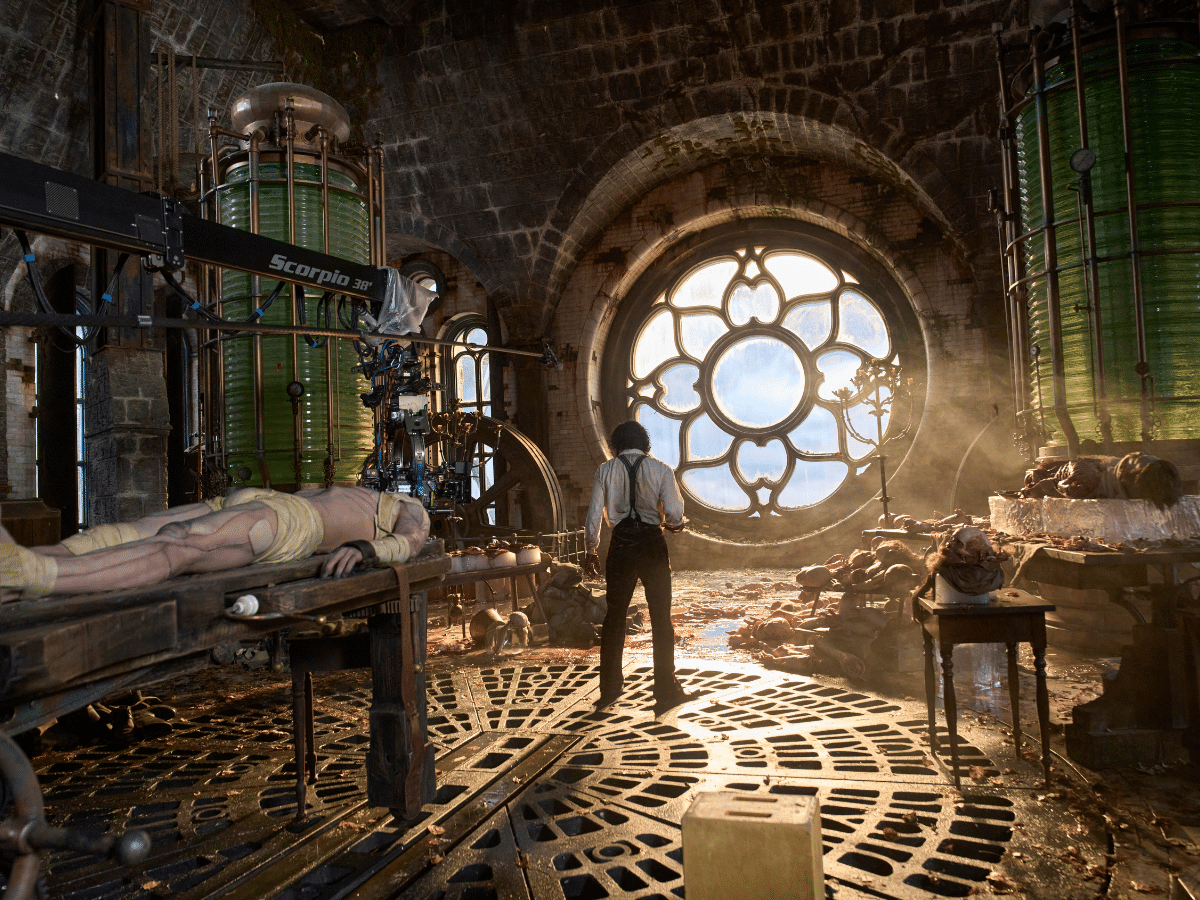
To start, I know you’ve been working on this movie for a very long time. Can you walk me through how many versions and iterations of this script you’ve made throughout the years before you got it to this point?
Guillermo del Toro: I always knew, even when I was very young, that I wanted to do what the book does, but in a different way. It is a ‘he said, she said’. It’s two versions of the same story, told by both sides—(which) I love, and no other (adaptations) have tried.
The way to solve it is very difficult, because what do you do? Do you do a Rashamon, and repeat whole scenes from a different point of view? That can become very tiresome.
But when I found that I wanted to tell a story of fathers and sons, and that it was a paternal-pain lineage that I wanted to end in forgiveness, then it became very clear that the point of inflection was when the father tries to kill the son. That’s the moment where the son can come back and tell his side of the story.
To get to that took many decades. It sounds very easy, or very intuitive, but to find that solution and get to that solution in a way that is structurally sound took a long time.
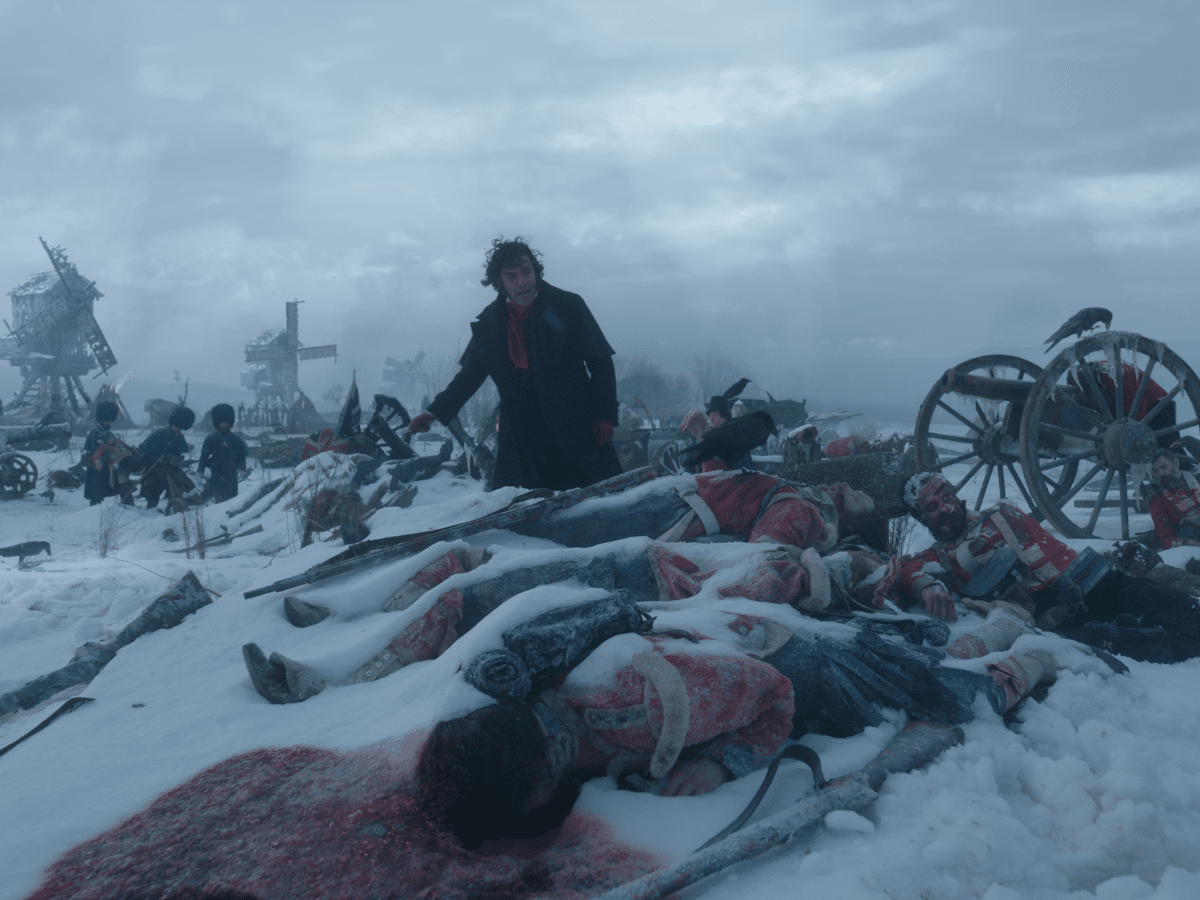
I did want to ask about the ending, because it feels a lot more hopeful than the original. Can you talk me through the thinking behind that?
The movie has sort-of a circular structure. It starts with the sun rising on the captain on the ship, and ends with the sun rising on the creature facing it. I thought, if the idea is that he’s going to live forever, can he still welcome the sun? Can he still welcome being alive? We know he cannot die, so there is a very existentialist piece at the end of the movie which is where we live—all of us.
Nobody has an extraordinary life, we all have ordinary and to some degree terrible and beautiful lives, and I think that in a moment in the world where we are very hyperbolic about how everything is marvellous or somebody is wonderful, or somebody should be destroyed and everything is terrible, I think it’s a good moment to note that imperfection is the condition of life.
You will lead an imperfect life, and I think the movie makes peace with that, and what it is to be human, which is to be capable of seeing the other.
These are things that floated the movie toward a different image, the last image in the book is very, very romantically bleak, with a very beautiful final line where he’s borne away by the current into the mist. But I thought, for me, the story was different. It’s probably one of my most hopeful endings.
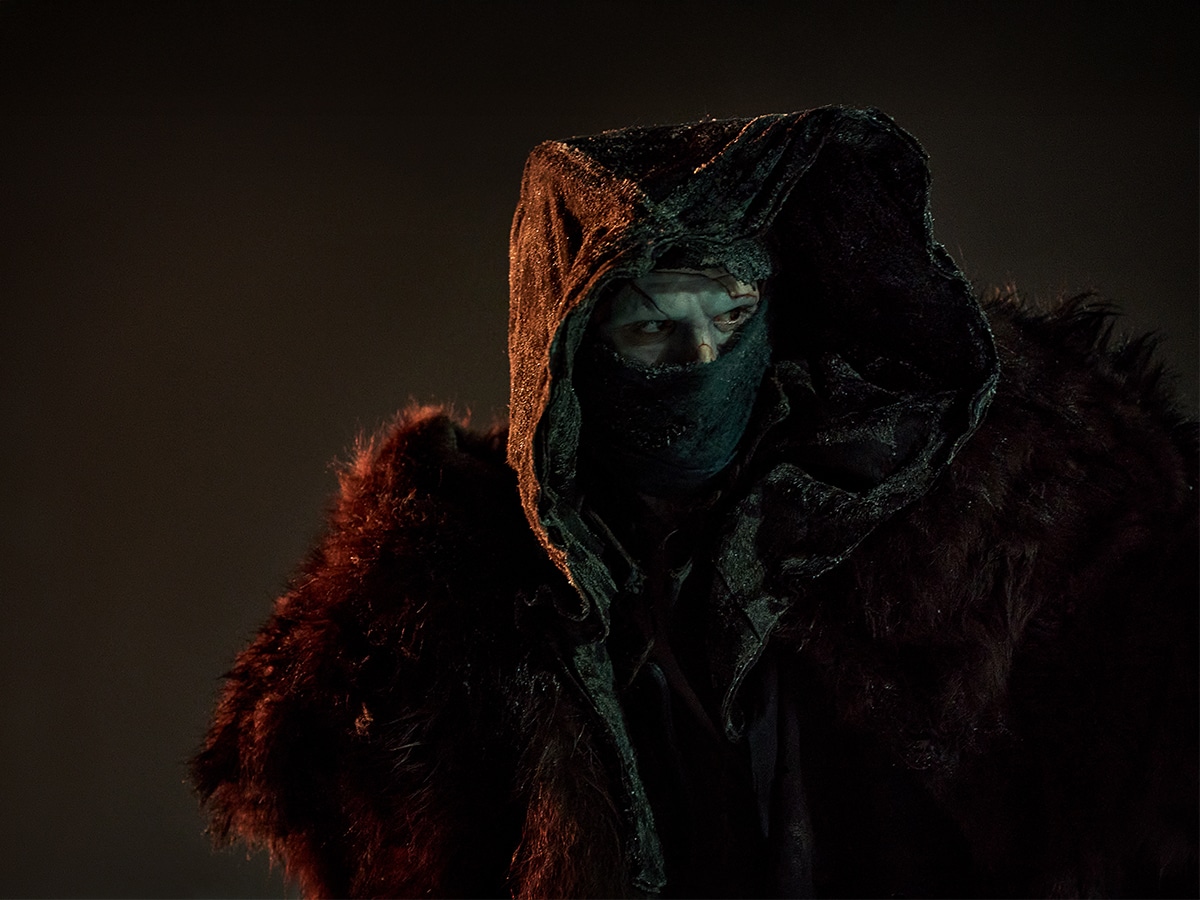
I feel like having seen the movie, I can’t imagine anyone other than Jacob Elordi having played the monster. I think he does such a great job. What was the audition process like for that role? And what was it like the first time you saw him in full costume?
We survived two of the writer’s strikes trying to keep the production afloat, but once the strikes had settled all the calendars were upside down for our cast. Andrew Garfield had to bow out for the production, while we were nine weeks before starting production. We’d spent six months sculpting the creature’s suit for Andrew, so everybody was very scared.
Except me. I said to my makeup guy, ‘look, you and I have been preparing for this movie all our lives. And we’re going to do it.” It’s what they say about composing a song: it takes ten minutes to come up with it and a lifetime to get to it.
So, I said ‘we’re going to find something even better’, and started talking to other actors (to find a replacement). On the same day, my wife, my daughter and Ted Serandos from Netflix all said that I have to watch Saltburn, and Priscilla, and Jacob Elordi. I watched them, and I thought that he’s a remarkable actor, and has a wonderful face and amazing eyes—which is very necessary for the creature. The eyes (are important).
Unbeknownst to me, while he was shooting Priscilla in Toronto he had told the makeup and hair team, which are the same team that I use, that he should be the one playing the creature (in my Frankenstein). And they told me that before I had called him, and when I talked to him, and saw his eyes, I said ‘this is the guy’.
I said, “your last name is Elordi, that’s a Basque name, is your father from the Basque country?”, and he was, and I said “then you understand the tension between fathers and sons”, and we talked about the Catholic dogma—of which there is a huge streak in the movie—and by the end of the phone call, I hung up and texted Oscar Issac and said ‘we found him’.
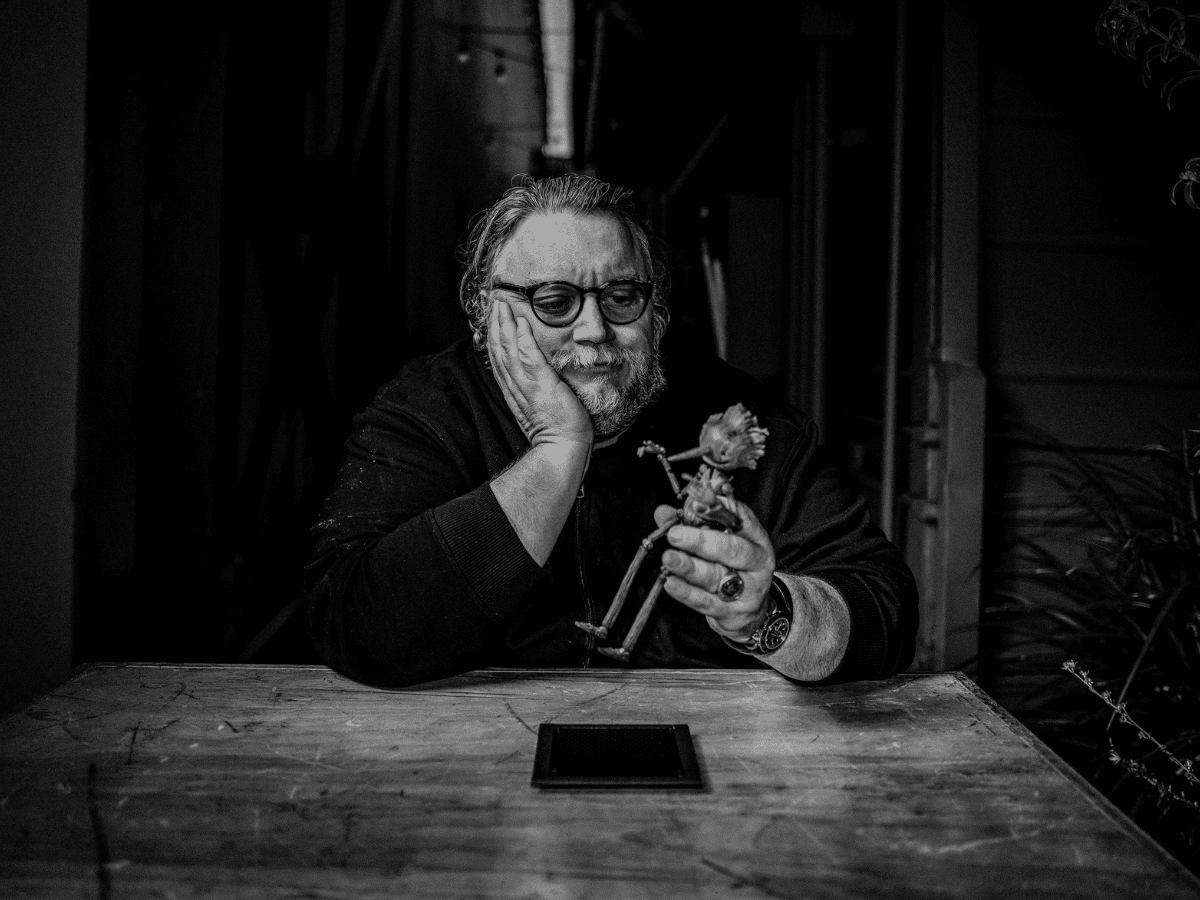
It’s clearly hard work getting a movie like this to the finish line. What is the hardest part about being a director to you?
I think the hardest part is the stamina. You’re the one that opens the bar, you clean the bar, serve the drinks, the party happens all night, everybody leaves and you clean the vomit and toilets and close up. Nobody is there when you start, and nobody is there when you finish. You do it alone.
And we’re talking about a process that takes two to four years, and has to be minutely planned. It’s a battle. You have to be a tactician, you have to be a poet, you have to be a boxer, a pusher, and a pimp. It’s a very complicated profession—and you have to sustain it over hundreds of days at a time.
Frankenstein launched into cinemas on 23 October, 2025, and drops on Netflix on 7 November, 2025. The film was adapted for the screen and directed by Guillermo del Toro, and stars Jacob Elordi, Oscar Issac, Mia Goth, Felix Kammerer, Christopher Waltz, and Lars Mikkelsen.
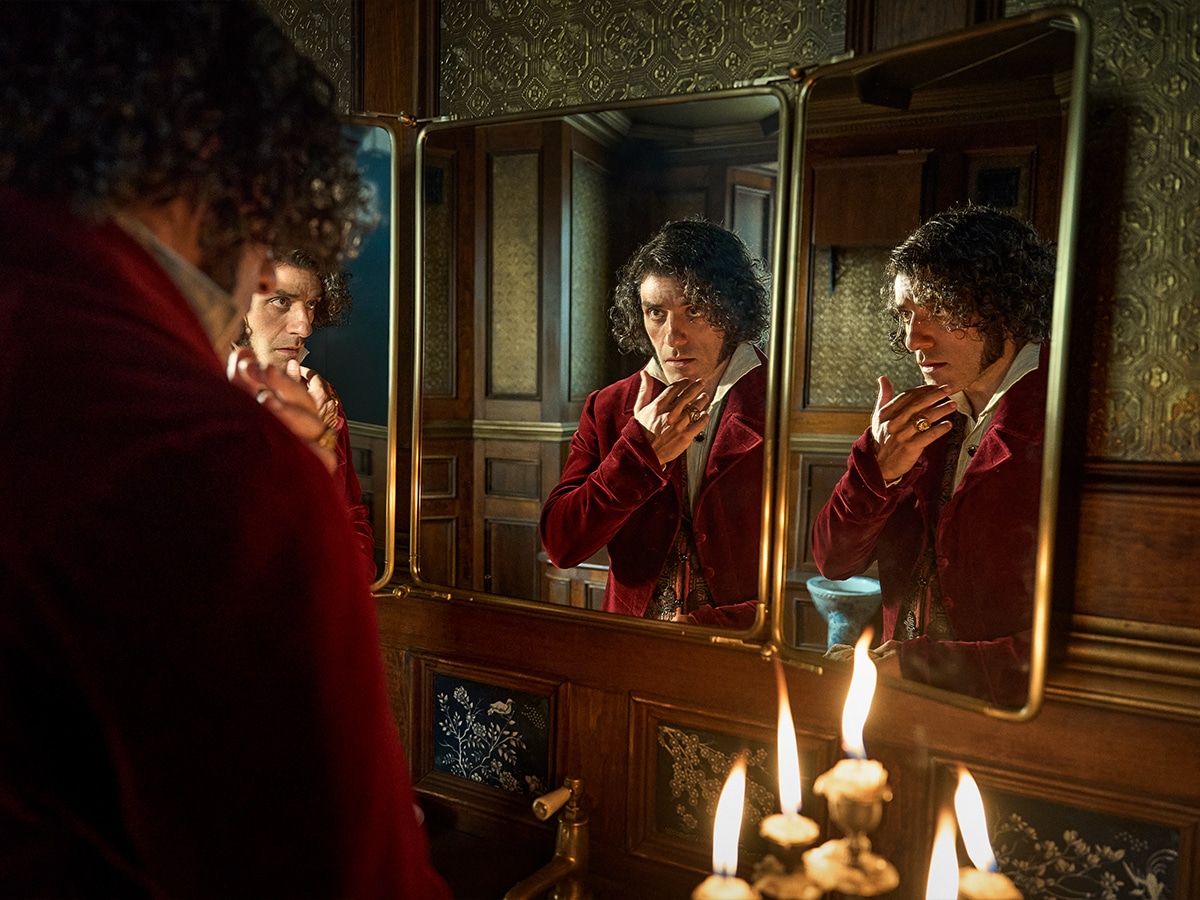
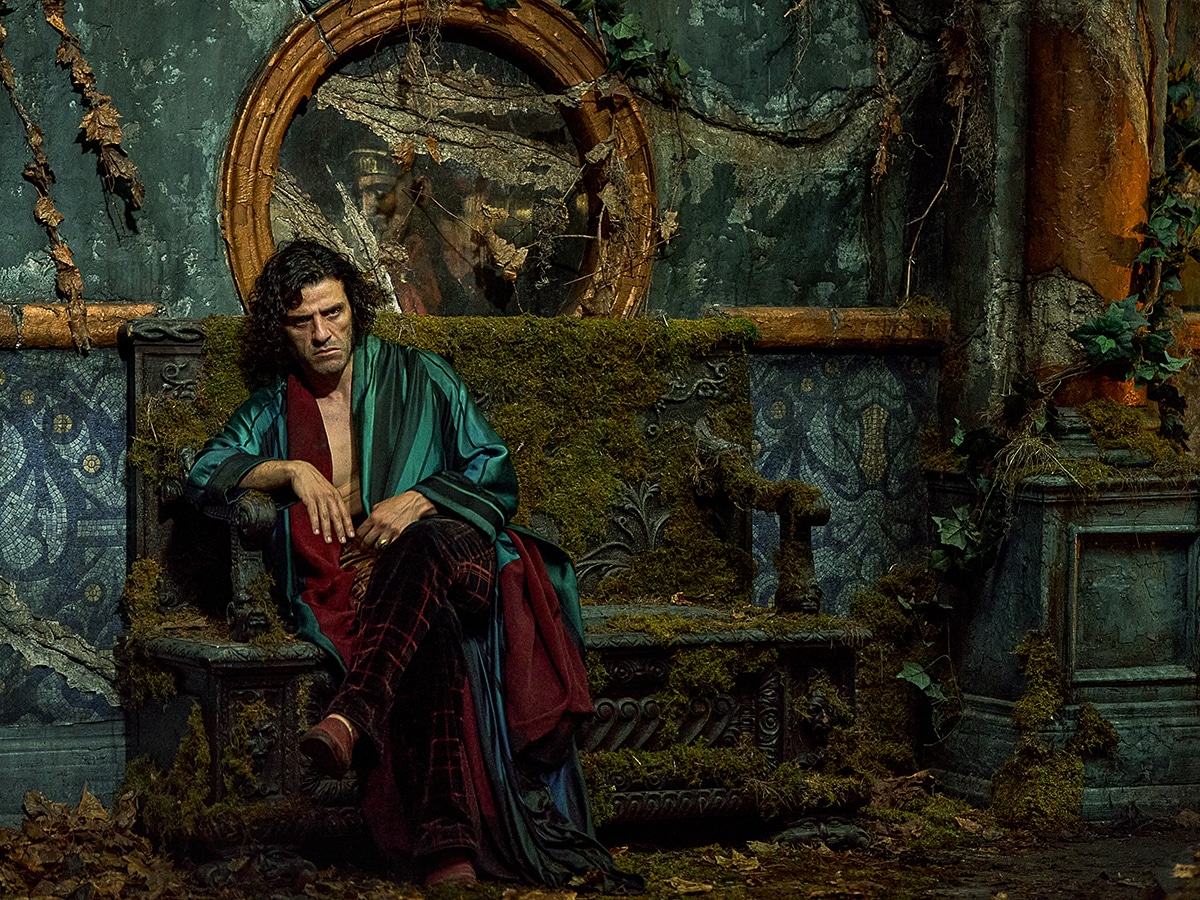
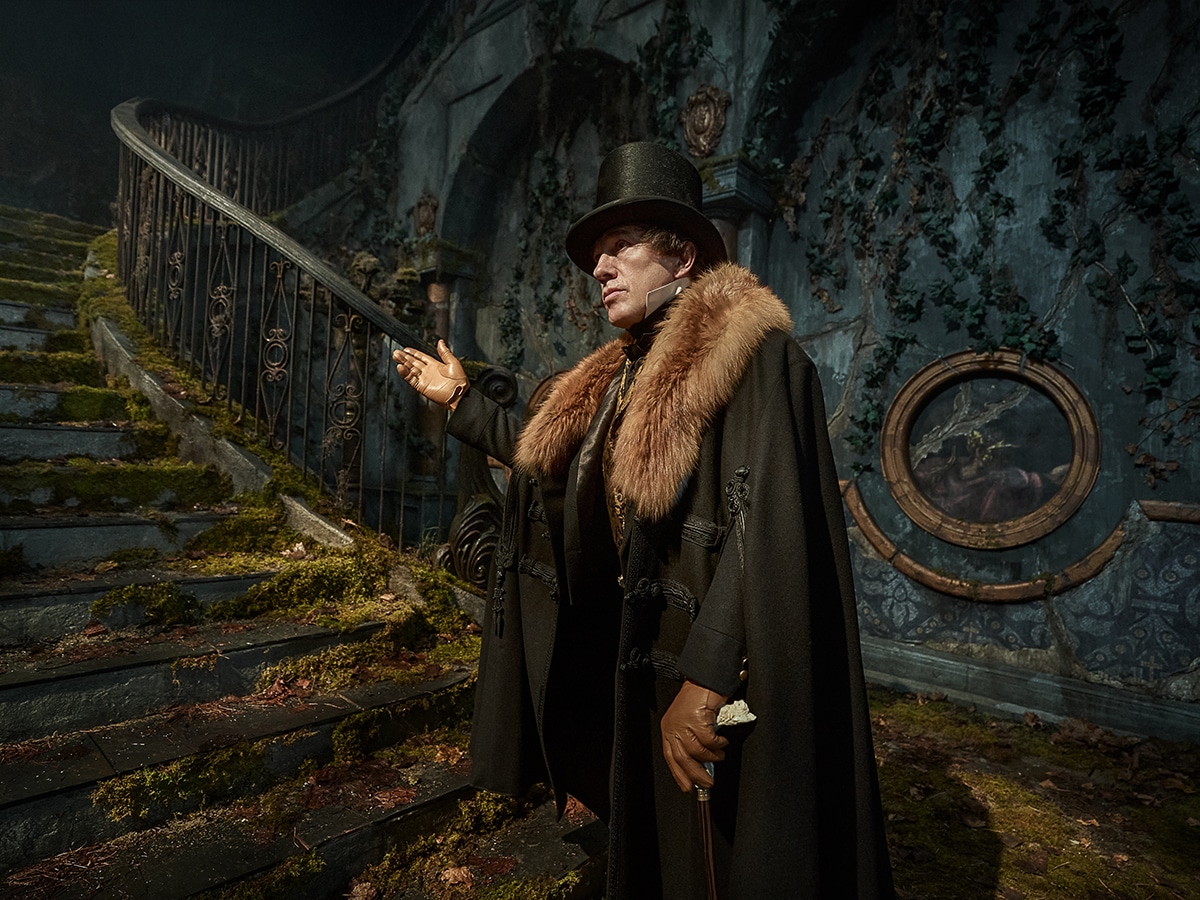
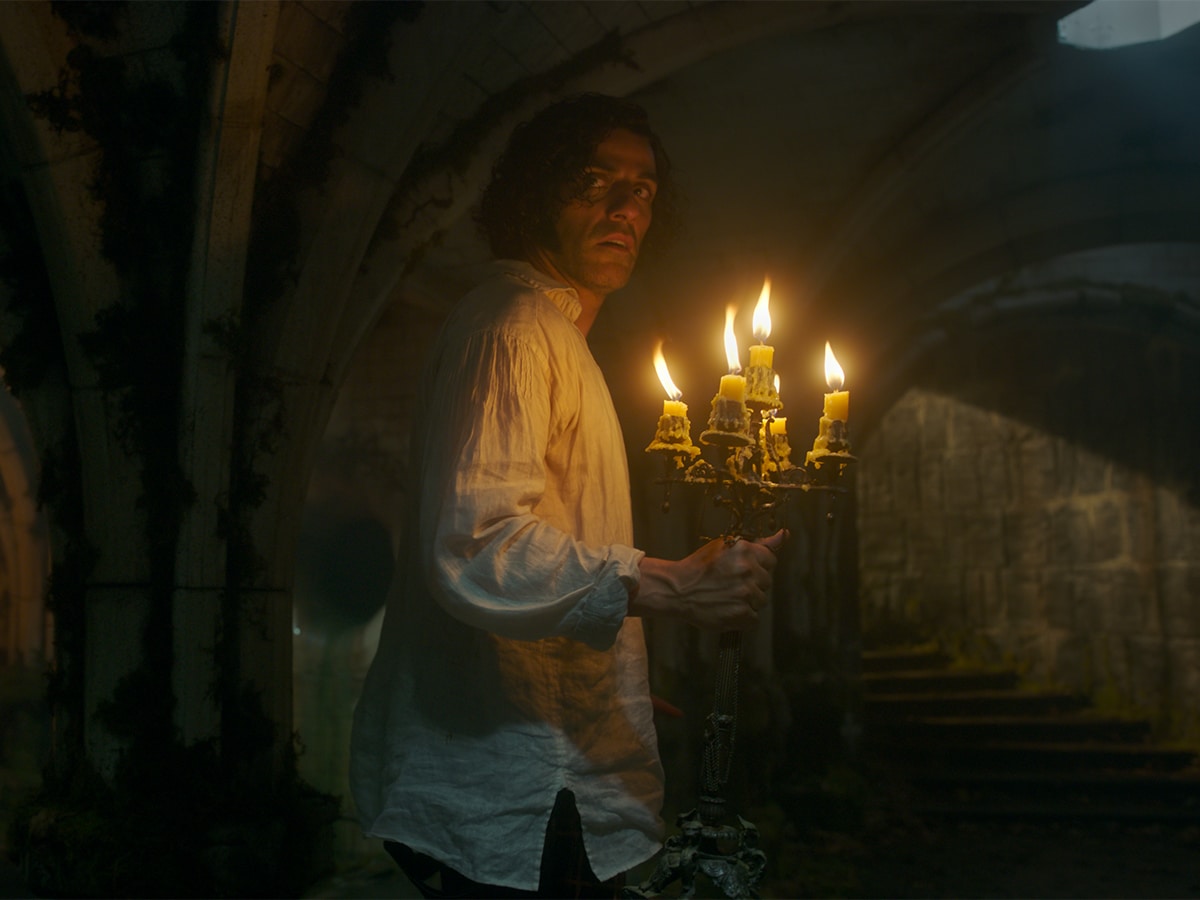

















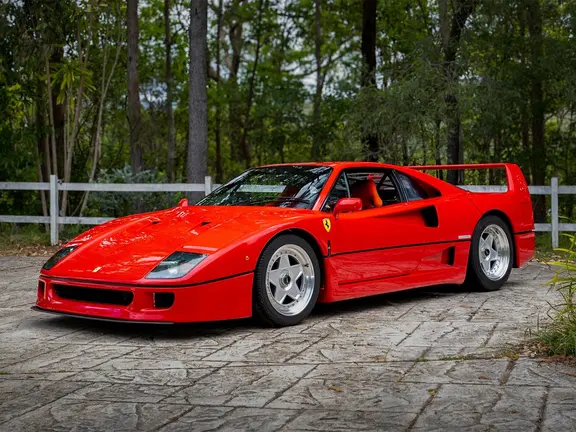


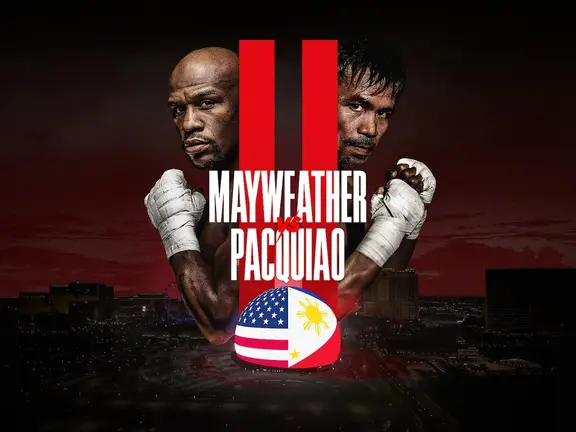



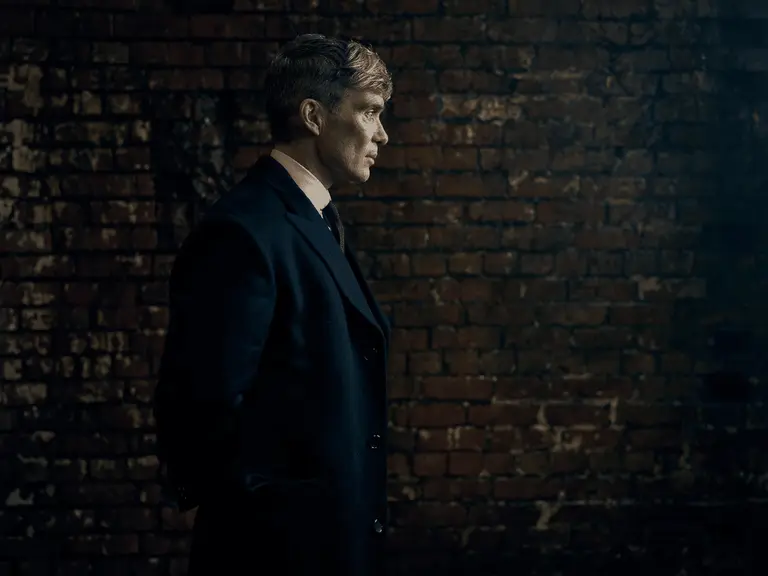



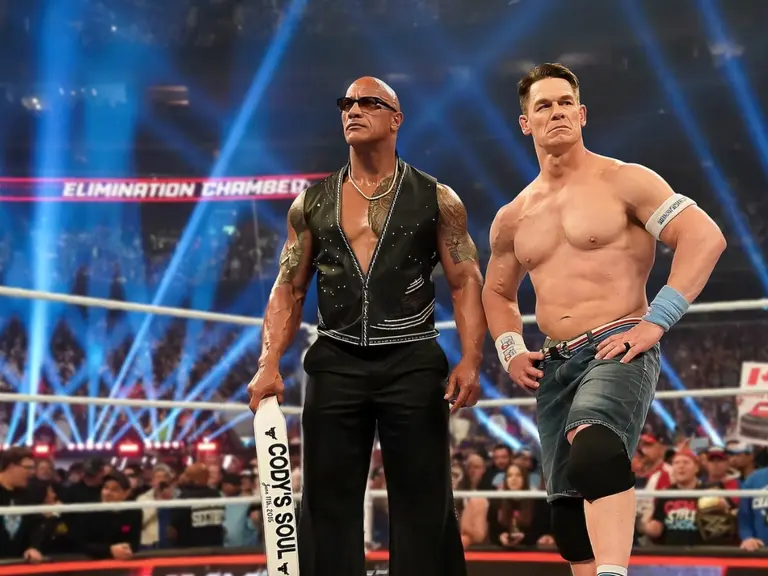

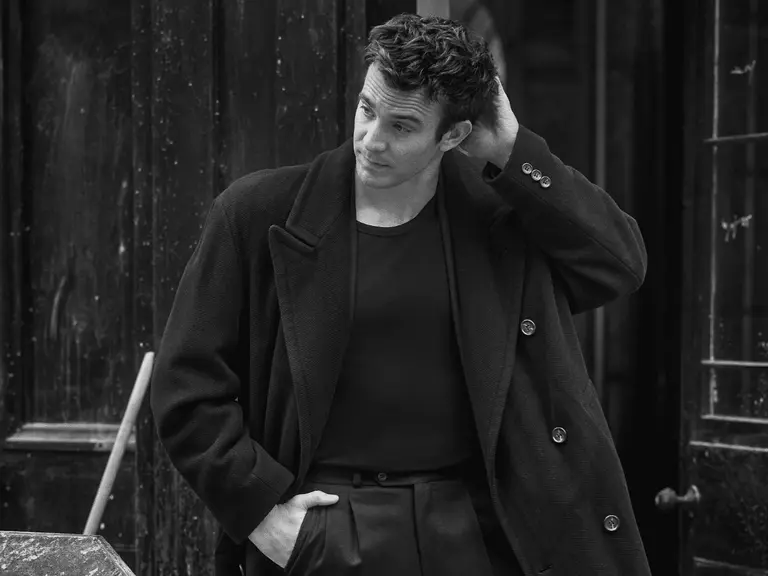
Comments
We love hearing from you. or to leave a comment.